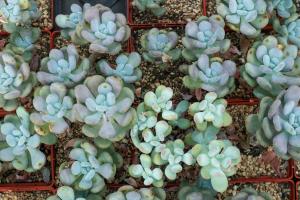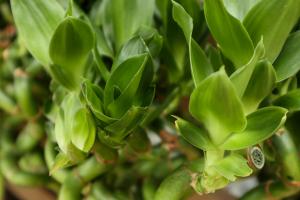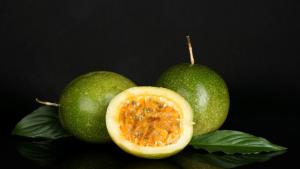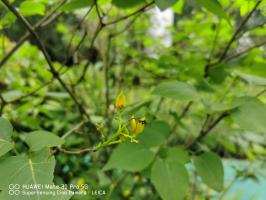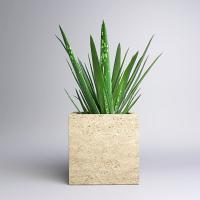Why Are Native Plants and Trees Important to Maine?
Maine is known for its picturesque landscapes featuring a plethora of forests, mountains, meadows, and beautiful coastlines. These landscapes are home to a diverse array of flora and fauna, including both native and non-native species. However, the importance of native plants and trees to Maine cannot be overstated. They play a crucial role in preserving the natural ecosystem of Maine, sustaining wildlife, and providing numerous benefits to humans.
Preserving the Natural Ecosystem
The use of native plant species is vital in conserving Maine's natural ecosystem. They are adapted to the local soil, climate, and wildlife, providing an ecological balance that is essential to the health of the ecosystem. They provide food and shelter for native animals, which in turn helps to maintain the natural balance of the ecosystem. Additionally, native plants are adapted to local climates and do not require extensive maintenance, unlike non-native species, which helps to reduce the need for water, fertilizer, and pesticides.
Sustaining Wildlife
Native plants are an essential source of food and shelter for wildlife in Maine. They provide nectar for pollinators such as bees and butterflies, and their seeds and fruits are critical food sources for birds and mammals. Sustaining native plant populations is necessary not only for the survival of these species but also for maintaining the balance of the ecosystem. Habitat destruction and fragmentation are major threats to wildlife in Maine, making the preservation and propagation of native plant species crucial.
Human Benefits
Native plants and trees also provide numerous benefits to humans, including ecological, economic, and aesthetic benefits. In terms of ecology, native plants improve air and water quality, control erosion, and help to mitigate the effects of climate change by sequestering carbon. Additionally, the use of native plant species in landscaping reduces the need for costly maintenance practices such as mowing, fertilizing, and pesticide application.
Native plants and trees also have significant economic benefits for Maine. They provide timber, nuts, and fruits for commercial use, as well as non-timber forest products such as maple syrup, which is a key driver of Maine's economy. Additionally, the use of native plants in landscaping can increase property values, enhance tourism, and promote economic growth through the creation of jobs in the nursery and landscaping industries.
Finally, native plants and trees enhance the aesthetic beauty of Maine's landscapes. Their unique colors, textures, and shapes provide a natural, diverse, and attractive contrast to the built environment. The use of native plant species in public spaces and private yards can enhance the quality of life for Maine residents and visitors.
Conclusion
In conclusion, it is essential to recognize the importance of native plants and trees to Maine's natural ecosystem, wildlife, and human well-being. The preservation of native plant species is essential for maintaining a healthy ecosystem, protecting wildlife, and providing numerous economic, ecological, and aesthetic benefits. While invasive species pose a significant threat to the native plant populations, it is within our power to protect and preserve them for future generations to enjoy.

 how many times do yo...
how many times do yo... how many planted tre...
how many planted tre... how many pine trees ...
how many pine trees ... how many pecan trees...
how many pecan trees... how many plants comp...
how many plants comp... how many plants can ...
how many plants can ... how many plants and ...
how many plants and ... how many pepper plan...
how many pepper plan...


